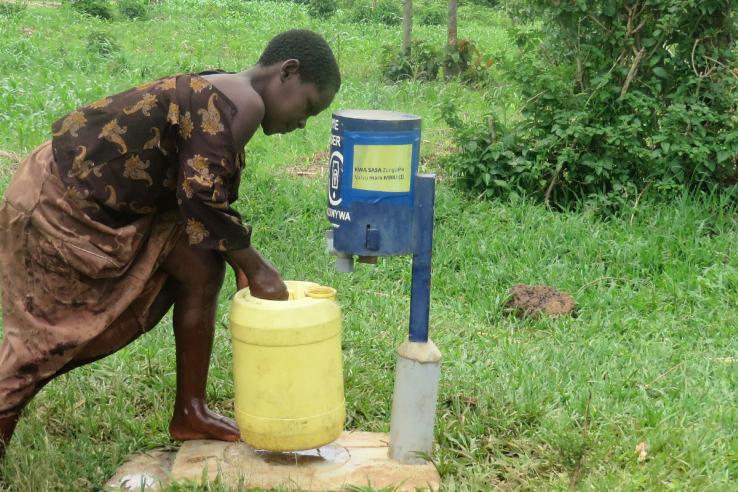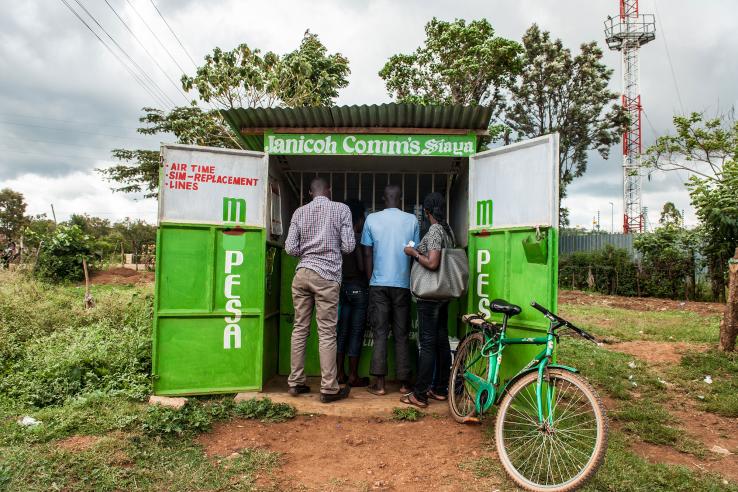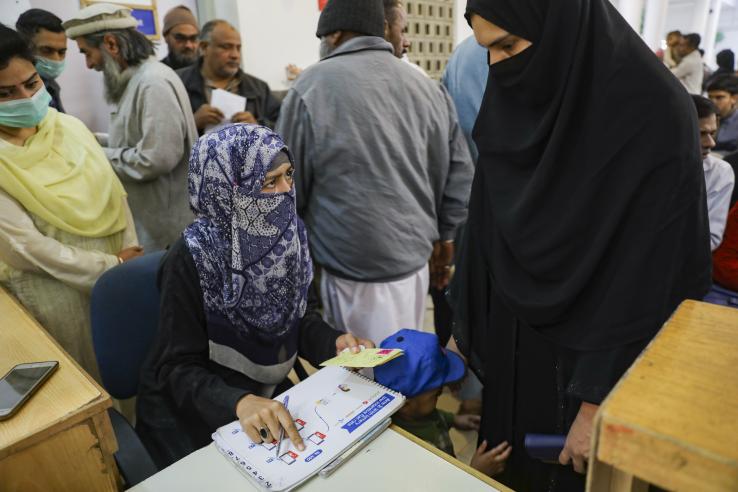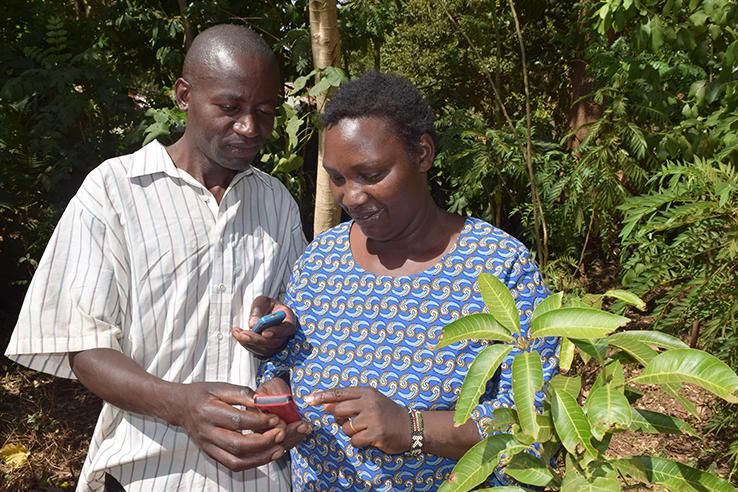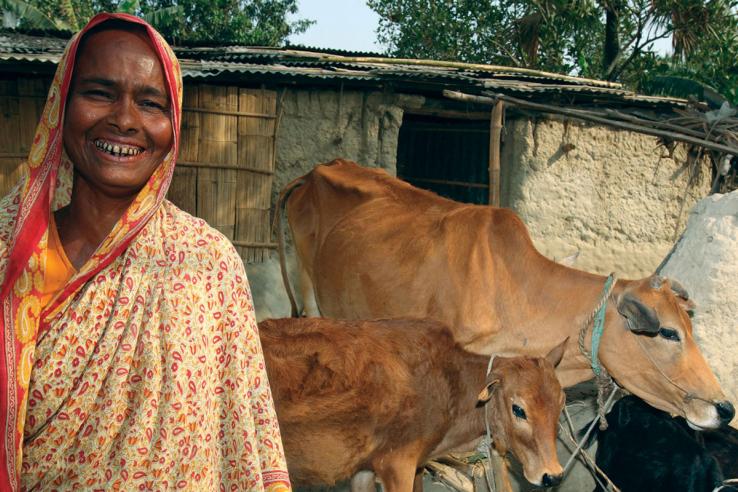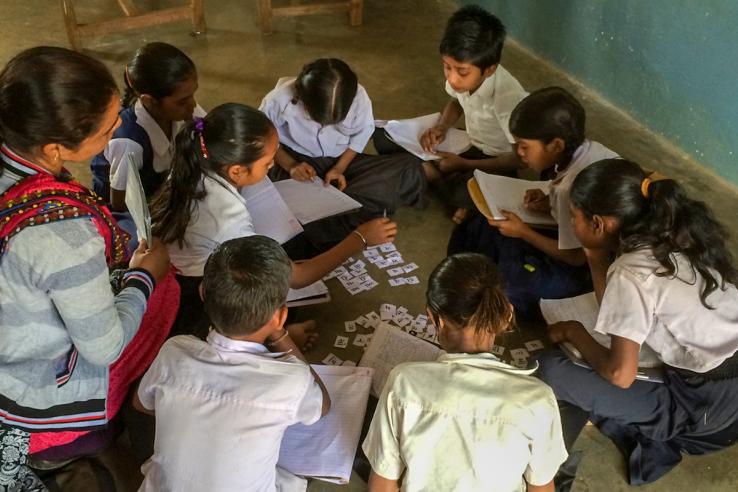Adapter un programme et le mettre à l’échelle
Programs that are effective at improving outcomes in one context may help in other places where the key problems and underlying reasons for the problems are similar. But since no two contexts are identical, scaling programs in a different place is not as simple as transferring an “out of the box” solution. To scale appropriately and effectively, policymakers and researchers must account for local conditions and implementation capacity, and then adapt programs to that new context accordingly.
For example, randomized evaluations from several countries have found that the “graduation approach” to be effective in reducing extreme poverty. The program provides participants with a combination of a productive asset (such as livestock), training, coaching, access to savings, and consumption support. However, considering whether the model could be successfully replicated in another country requires a careful assessment. Key questions include how the training component can be made relevant for local markets, whether local financial infrastructure is sufficiently widespread and accessible to facilitate savings accounts, and what livestock asset would make sense for local conditions. By partnering with organizations that have deep local knowledge, J-PAL-affiliated researchers and staff have helped to identify ways in which this program can be adapted to new contexts.
